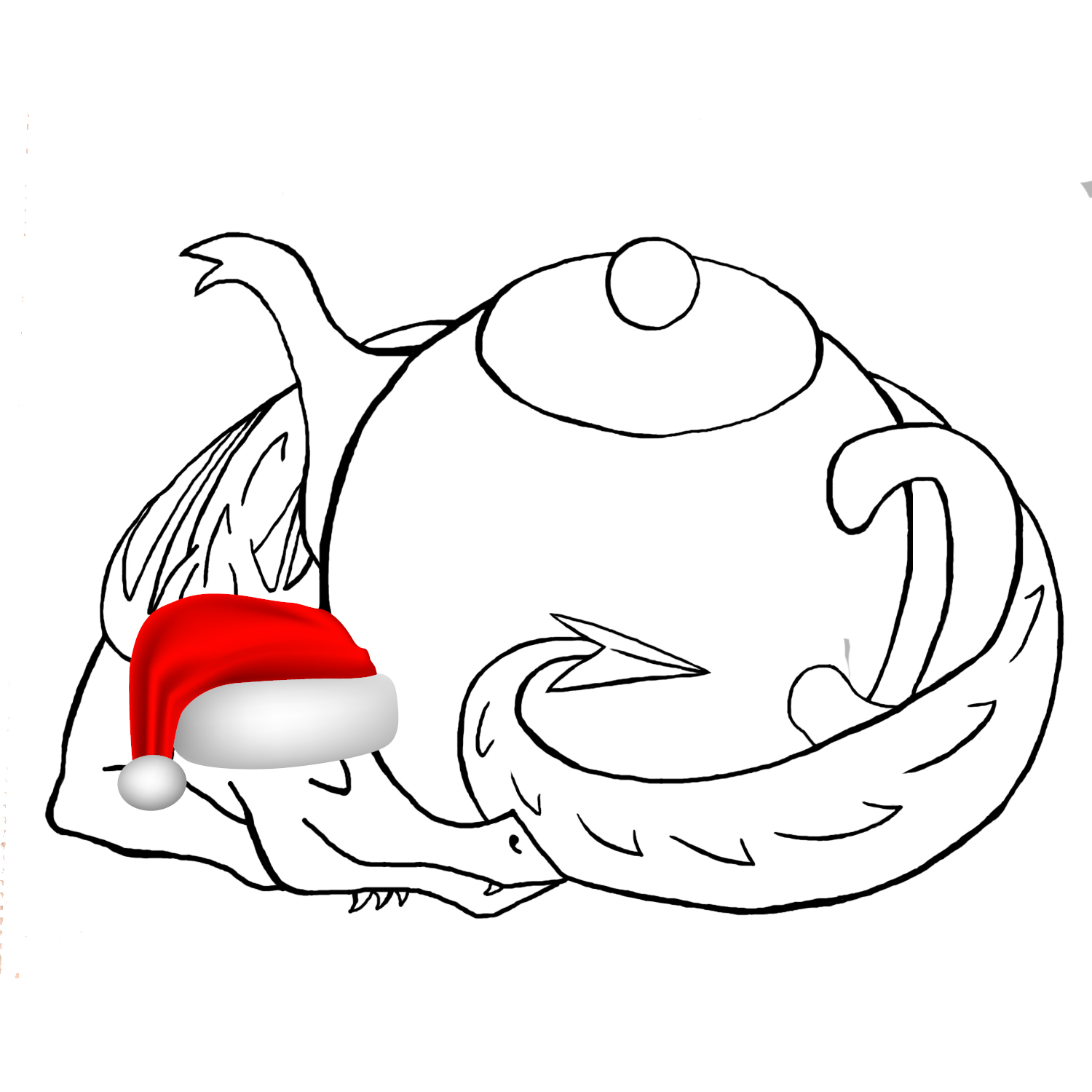An Introduction to Tenses
The past, the present, and the future walked into a bar. It was tense.
I have never regretted a pun yet.
Tense is one of those elements of writing which is frequently overlooked. At best, it may be given a cursory nod in English class but you are most likely to learn about it in your Modern Languages lessons. Even so, it’s an important part of language for writers to know about. I’ve read a number of pieces by young writers who have said they’ve used one tense when it’s another, or who have been inconsistent. When writing a story, it’s best to pick one and stick with it.
To do so, you first need to know what they are.
The Tenses
Having studied Greek and Hebrew at university, I’m thankful that English has only three basic tenses (though there are variations on them). For now, the basics are enough.
Tense is to do with time and is not to be confused with tension in a novel. They are two very different things. Here is a breakdown:
Past Tense: Whatever is going on happened in the past. This was once the default storytelling mode. Books like The Hobbit and the Sherlock Holmes stories are told in the past tense. Past (simple) tense in a sentence would sound like this: He gulped and raised his sword.
Present Tense: Everything is happening now. This is becoming more common in YA fiction although I’ll explain exactly why in a moment. An example of a sentence in the present (simple) tense is: He gulps and raises his sword.
Future Tense: There is actually debate about whether English even has a future tense or whether it is a modified present but that’s a discussion for geeks for another day. At a basic level of English, you will be taught that the future tense exists but it is rare to find in fiction. I wrote one piece once but, again, I’ll explain why in a moment. An example of a sentence in the future (simple) tense is: He will gulp and raise his sword.
It’s simple you see. You decide your tense by when the events you are describing take place. The key is consistency. It rarely works to use more than one tense for a story but it has been done. When you are starting out, it’s best to pick a tense (usually past or present) and stick with it. So how do you choose?
Choosing Your Tenses
The past tense has been the default setting for most novels until fairly recently. There are great benefits to its use. Because it assumes that all events have already happened, it enables the writer to jump backwards and forwards in the story’s timeline as needed. It allows the writer to paint a much fuller picture of what is going on — if that is what they want to do.
It also gives a more natural feel to the narrative because familiarity is comfort. When we tell stories, unless you are from particular places in Scotland, we generally tell them in past tense. Readers will slip into a book more naturally if it is told in a familiar way.
On the other hand, the past tense is much more reflective, which can slow the pace of a novel. It has all happened already and so any immediacy is lost. Another thing to watch out for with the past tense is that it is very easy to slip into telling rather than showing and into using the passive voice.
I tend to write fiction in the past tense unless I have a good reason to do otherwise. This is partly because I feel that I have greater freedom and partly because I read a lot as a child and it’s familiar. There are downsides but they can be overcome by a combination of awareness, practice, and good beta readers.
Then we have the present tense. As I said, this is becoming more and more popular in YA fiction — and not without reason. It has an immediacy about it which works well for action and suspense. Present tense narrative has the feeling of real life and can make the reader feel as though they are in the thick of the action and not just hearing about it later. This tense also does interesting things to your characters. It emphasises the here-and-now mentality of characters that are prone to living in the moment. Not only that, but it makes snap decisions feel more rushed and shows how past events can play on characters’ minds even in the present. Madness, confusion, and disorientation are most convincingly shown in this tense, which is why it works so well for action stories.
I read an advanced reader copy of a book once which did this well. The whole book was told in present tense and it was gripping but the writer made one mistake. The boy who is telling the story is shot at the end and airlifted and you’re supposed to be left wondering whether he survives or not. The problem is that earlier in the book he makes a comment about later, when he was grown up, his family would go to Switzerland together and go skiing and things. The action lost its urgency because the author let slip too much. All that to say, be careful how you use the tense, don’t shoot yourself in the foot.
As with all things, the present tense isn’t perfect. In contrast to the past, because things are happening here and now, it limits how much hopping around you can do without jarring your readers. We Need to Talk About Kevin does this really well (content warning required for said book) with the narrator speaking in the present as she writes to her estranged husband but jumping to the past tense as she remembers the various things that have led up to that point.
Something to be aware of is the temptation to include the boring and mundane things that the character gets up to between the important scenes. Don’t. Another temptation is to use flashbacks but these are tricky to handle well and a lot of caution and practice is required. It can be done two ways. You can do it by having the flashbacks in past tense (this can be jarring for the reader) or by having them in the present tense but indicating that they are a flashback in another way (some writers use italics but this can also be confusing if the reader isn’t sure when they are in the story). All in all, it’s a tricksy business, much more easily done in the past tense. Present has its benefits but, though I have used it many times, I’m not sold.
Lastly, future tense is rare. There are entire books out there which are written in it but I’ve never read one and imagine it would be strange. I wrote a short story in future tense once. This girl talks to her mother about all they will do together and what life will be like as she grows up and the adventures they will have. The (sort of) twist is that she isn’t actually born yet and she’s about to be aborted. It’s not my best work by a long shot but it is something I may play with later.
The benefits of writing in the future tense include the sheer novelty. It will get you noticed but whether that is a good thing or not, I don’t know. If you do it well, it could be great but it will take a lot of practice and a lot of work. Another benefit is that the events remain somewhat fluid because of the speculative nature of the future.
You don’t want to use the future if you can help it. I recommend staying well away from it unless it is the only way to make the story work because it’s gimicky and readers will find it jarring. It will take time for them to get used to it as it’s not a tense we hear much. Narrative voice should never be distracting without reason. It’s one of those things like writing in second person, only do it if you know beyond a shadow of a doubt what you’re doing.
So, to wrap it up, the tense of a story is whether it happened in the past, is happening in the present, or might happen in the future. For a classic voice, ease of flashbacks and timeline hopping, past is your best bet. For immediacy and the in-the-moment vibe of a typical action or thriller book, present tense works well. Each have their benefits and drawbacks and it’s important to think about which will work best with the tale you want to tell. With that in mind, it’s also good to step outside of your comfort zone and try something different from time to time.
Your Turn
-
Which tense do you tend to write in?
-
How do you decide?







